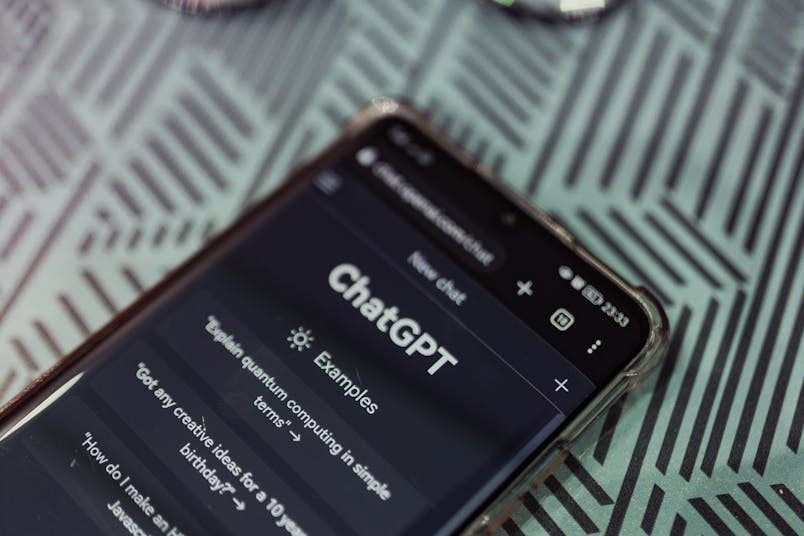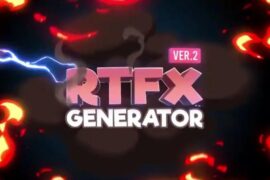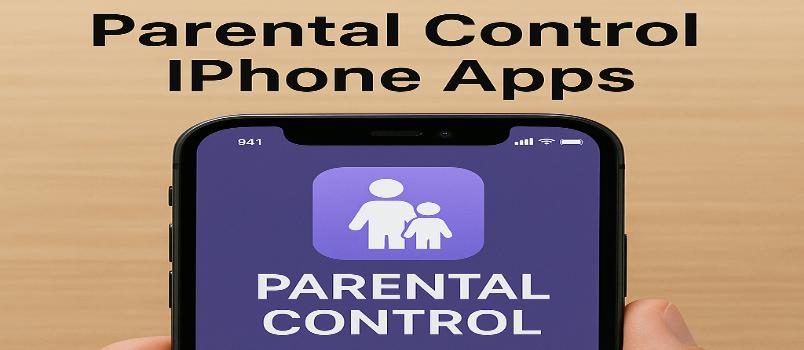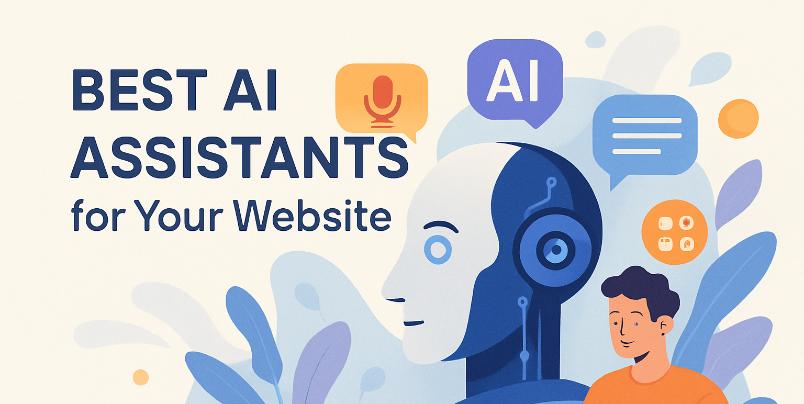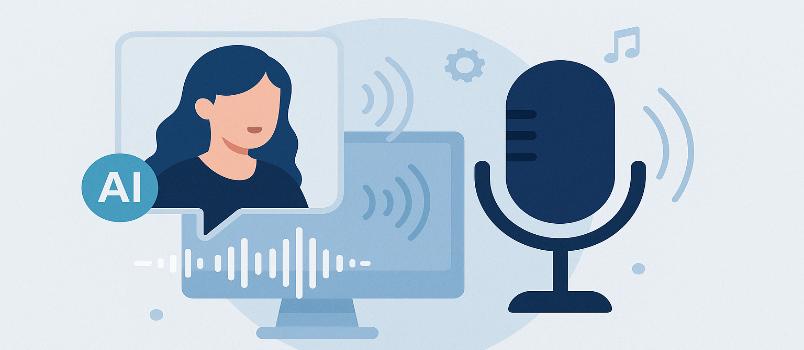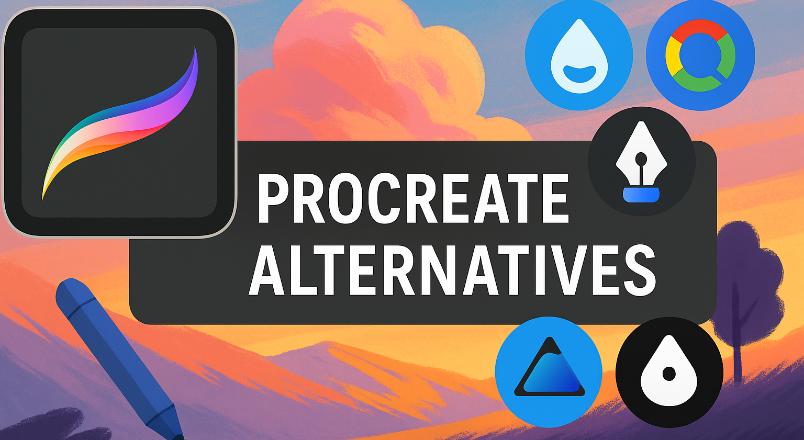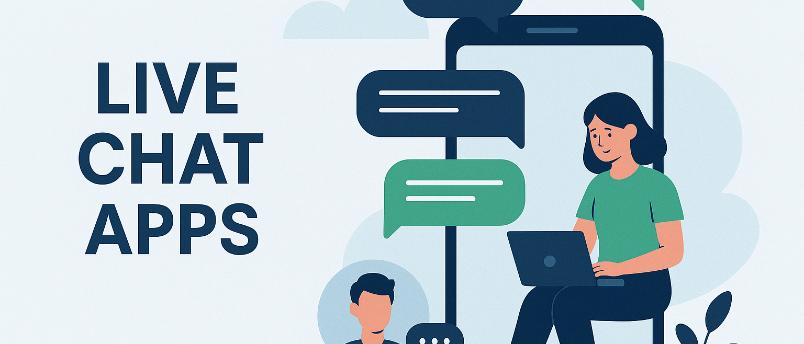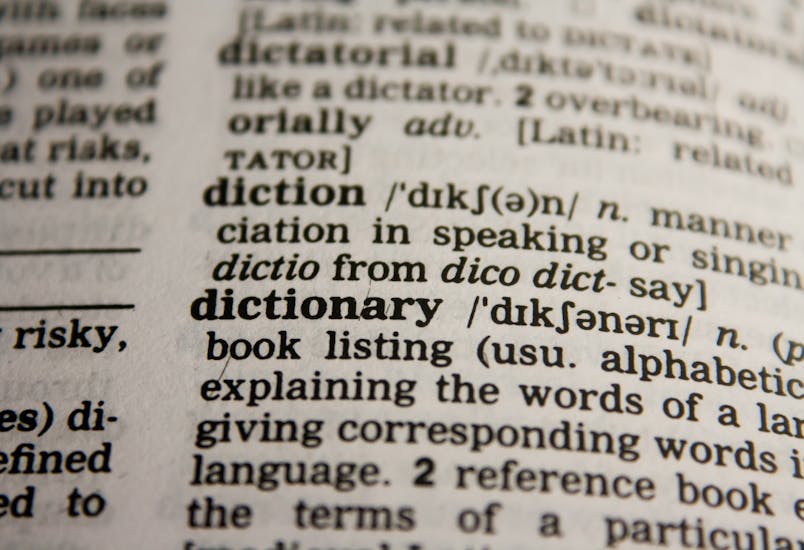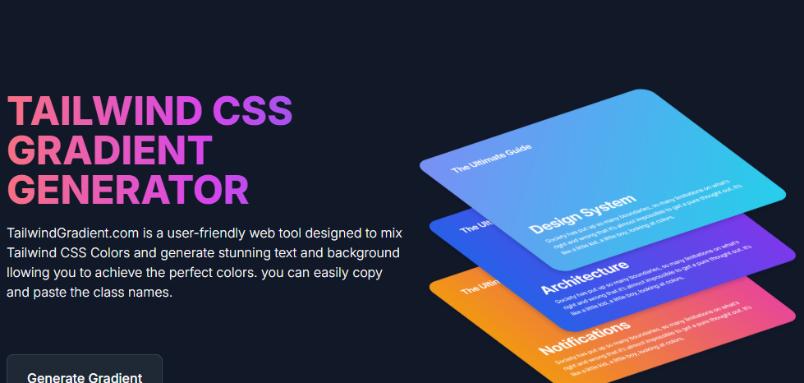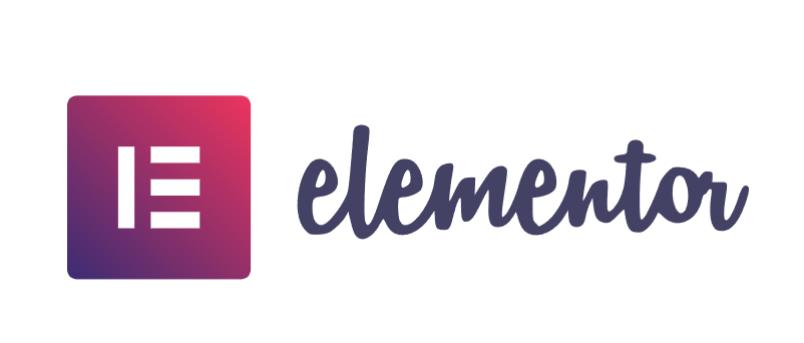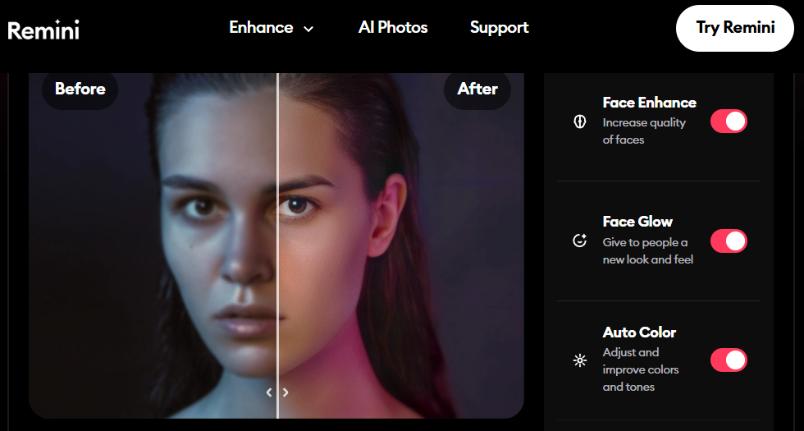In recent years, artificial intelligence (AI) has revolutionized the way we interact with technology, and conversational AI models like OpenAI’s ChatGPT have become household names. ChatGPT, powered by the GPT (Generative Pre-trained Transformer) architecture, has set a high standard for natural language processing (NLP) tasks, offering capabilities ranging from answering questions to generating creative content. However, as the demand for AI-driven solutions grows, so does the need for alternatives that cater to specific use cases, budgets, and ethical considerations. In this article, we’ll explore some of the most notable ChatGPT alternatives available today.
Why Look for ChatGPT Alternatives?
While ChatGPT is a powerful tool, it’s not without limitations. Some of the reasons users seek alternatives include:
- Cost: Access to advanced versions of ChatGPT (like GPT-4) can be expensive for businesses or individuals.
- Customization: Some users require AI models tailored to specific industries or tasks.
- Open-Source Preferences: Developers may prefer open-source models for transparency and flexibility.
- Ethical Concerns: Issues like bias, data privacy, and misuse of AI have led some to explore alternatives with different ethical frameworks.
- Specialized Use Cases: Certain applications, such as coding assistance or medical advice, may require domain-specific models.
Google Bard
- Introduction: Google Bard is an AI-powered chatbot developed by Google, leveraging the PaLM 2 language model. It is designed to assist with creative writing, answering questions, and generating ideas. Bard integrates with Google’s search engine to provide real-time, accurate information.
- Key Features: Real-time web access, multilingual support, integration with Google Workspace.
Microsoft Bing Chat (Copilot)
- Introduction: Bing Chat, powered by OpenAI’s GPT-4, is integrated into Microsoft’s search engine. It provides conversational AI capabilities, including answering questions, generating content, and assisting with tasks. It also cites sources for its responses.
- Key Features: GPT-4 integration, web access, citation of sources, multimodal capabilities.
Claude by Anthropic
- Introduction: Claude is an AI assistant developed by Anthropic, focusing on safety and ethical AI use. It is designed for tasks like summarization, coding, and creative writing. Claude is available in two versions: Claude Instant (fast and lightweight) and Claude 2 (more advanced).
- Key Features: Ethical AI design, long-context understanding, customizable behavior.
Perplexity AI
- Introduction: Perplexity AI is a conversational search engine that combines AI with real-time web access. It provides concise, well-researched answers to user queries and cites sources for transparency.
- Key Features: Real-time web access, source citations, user-friendly interface.
HuggingChat by Hugging Face
- Introduction: HuggingChat is an open-source AI chatbot developed by Hugging Face. It is designed to be a community-driven alternative to ChatGPT, offering customizable models and transparency in AI development.
- Key Features: Open-source, customizable, supports multiple languages.
Jasper Chat
- Introduction: Jasper Chat is part of the Jasper AI suite, designed for businesses and content creators. It specializes in generating marketing copy, blog posts, and other business-related content.
- Key Features: Business-focused, high-quality content generation, integration with Jasper AI tools.
YouChat by You.com
- Introduction: YouChat is an AI-powered chatbot integrated into the You.com search engine. It provides real-time answers, generates content, and assists with coding and research tasks.
- Key Features: Real-time web access, multimodal capabilities, integration with You.com.
Character.AI
- Introduction: Character.AI allows users to create and interact with AI-powered characters. It is designed for entertainment and role-playing, enabling users to chat with historical figures, fictional characters, or custom personas.
- Key Features: Character creation, role-playing, interactive storytelling.
Replika
- Introduction: Replika is an AI companion designed for personal interaction and emotional support. It learns from user interactions to provide personalized conversations and companionship.
- Key Features: Emotional support, personalized interactions, avatar customization.
ChatSonic by Writesonic
- Introduction: ChatSonic is a ChatGPT alternative designed for content creation and marketing. It integrates with Google Search to provide up-to-date information and supports voice commands.
- Key Features: Real-time data access, voice commands, content generation.
Poe by Quora
- Introduction: Poe is a platform that allows users to interact with multiple AI models, including ChatGPT and Claude. It provides a unified interface for accessing different AI chatbots.
- Key Features: Multi-model access, user-friendly interface, community-driven.
DeepSeek Chat
- Introduction: DeepSeek Chat is an AI chatbot developed by DeepSeek, focusing on providing accurate and context-aware responses. It is designed for both personal and professional use.
- Key Features: Context-aware responses, multilingual support, customizable.
Elsa Speak
- Introduction: Elsa Speak is an AI-powered language learning assistant that helps users improve their English pronunciation and fluency. It provides personalized feedback and practice exercises.
- Key Features: Language learning, pronunciation feedback, personalized exercises.
Kuki Chatbot
- Introduction: Kuki (formerly Mitsuku) is an award-winning AI chatbot designed for entertainment and casual conversation. It is widely used in gaming and virtual environments.
- Key Features: Entertainment-focused, award-winning, customizable.

